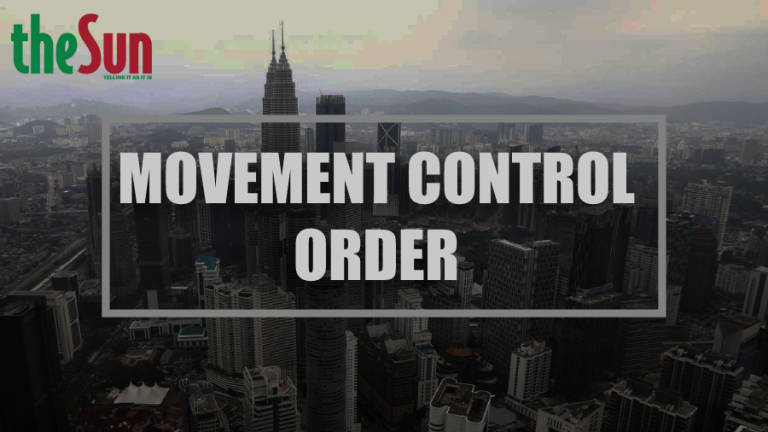PETALING JAYA: The government should have allowed more time before enforcing the Conditional Movement Control Order (CMCO) on May 4.
In a statement today, 359 individuals from various sectors and non governmental organisations requested the government to consider giving at least a week to prepare for the CMCO.
They said it is best to implement the CMCO after the movement control order (MCO) phase four ends on May 12 as part of life post-MCO.
“Lack of preparation may result in Malaysia moving from this MCO to another one potentially in a couple of months,“ they said, warning that unsuccessful implementation of the standard operating procedures (SOPs) may lead to a spike in Covid-19 cases after CMCO is put in place.
“We definitely need to gradually relax the restrictions and ensure that we are able to go back to life, to work and to rebuild,” they said.
“However, we are concerned that these achievements could be lost if there is not enough investment in time to ensure that people are sufficiently prepared to protect themselves, families, places of work and communities,” they added.
The signatories highlighted that businesses and the public need to be briefed and trained to ensure they are well prepared and understand the importance of adhering to the SOPs.
“Successful adherence requires proper understanding and preparation. Two days is not enough time.”
They urged the Ministry of Health, other government agencies and healthcare professionals to come up with guidance and enforcement.
“We hope that the government will consider these concerns and ensure that our sacrifices over the past few months will not be in vain.”
The statement was signed by 359 individuals and organisations which include 52 doctors, 14 non-governmental organisations, with the rest being other individuals.
Among the signatories are Prof Dr Roslina Abdul Manap, Prof Dr Nur Aishah Taib, Associate Prof Dr Nirmala Bhoo Pathy, Dr Amar-Singh and Datuk Dr Bhupinder Singh , while the non governmental organisations include All Women’s Action Society (AWAM) and the Galen Centre for Health & Social Policy.











